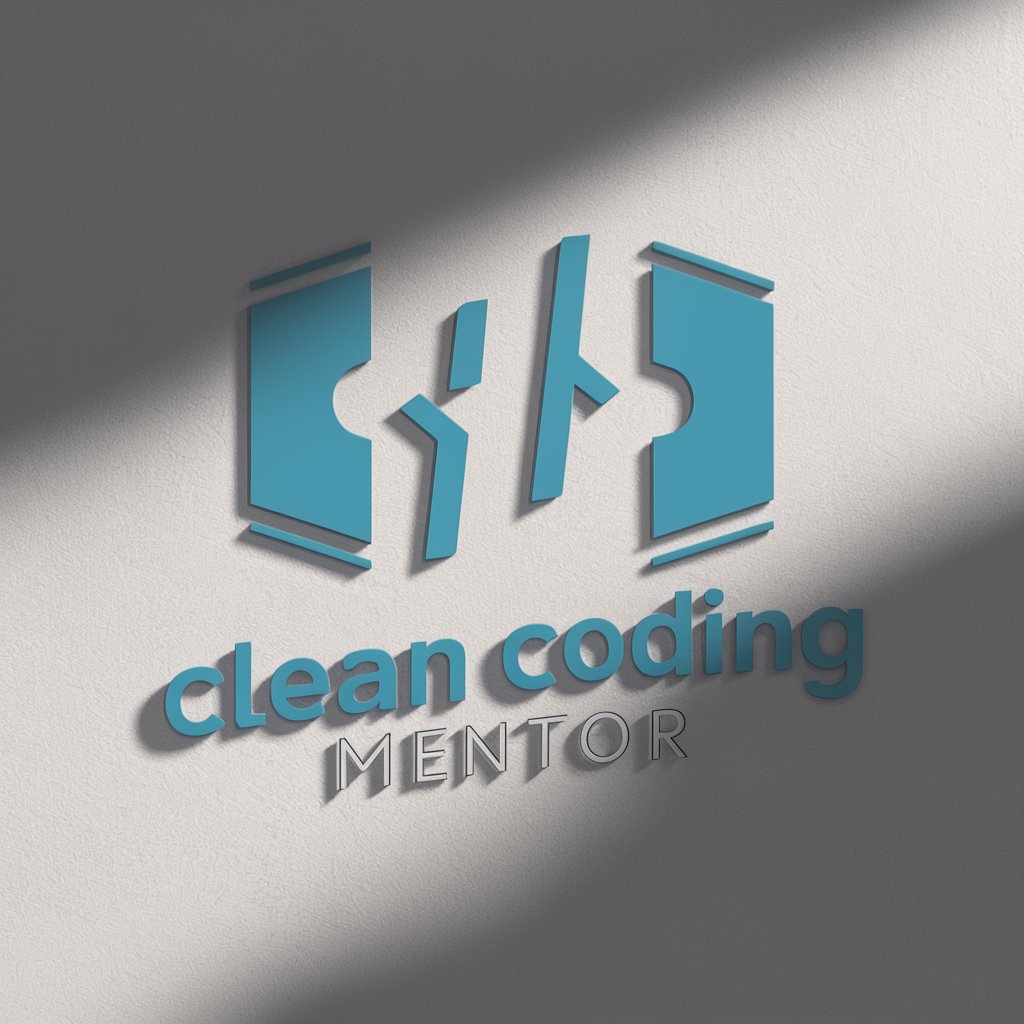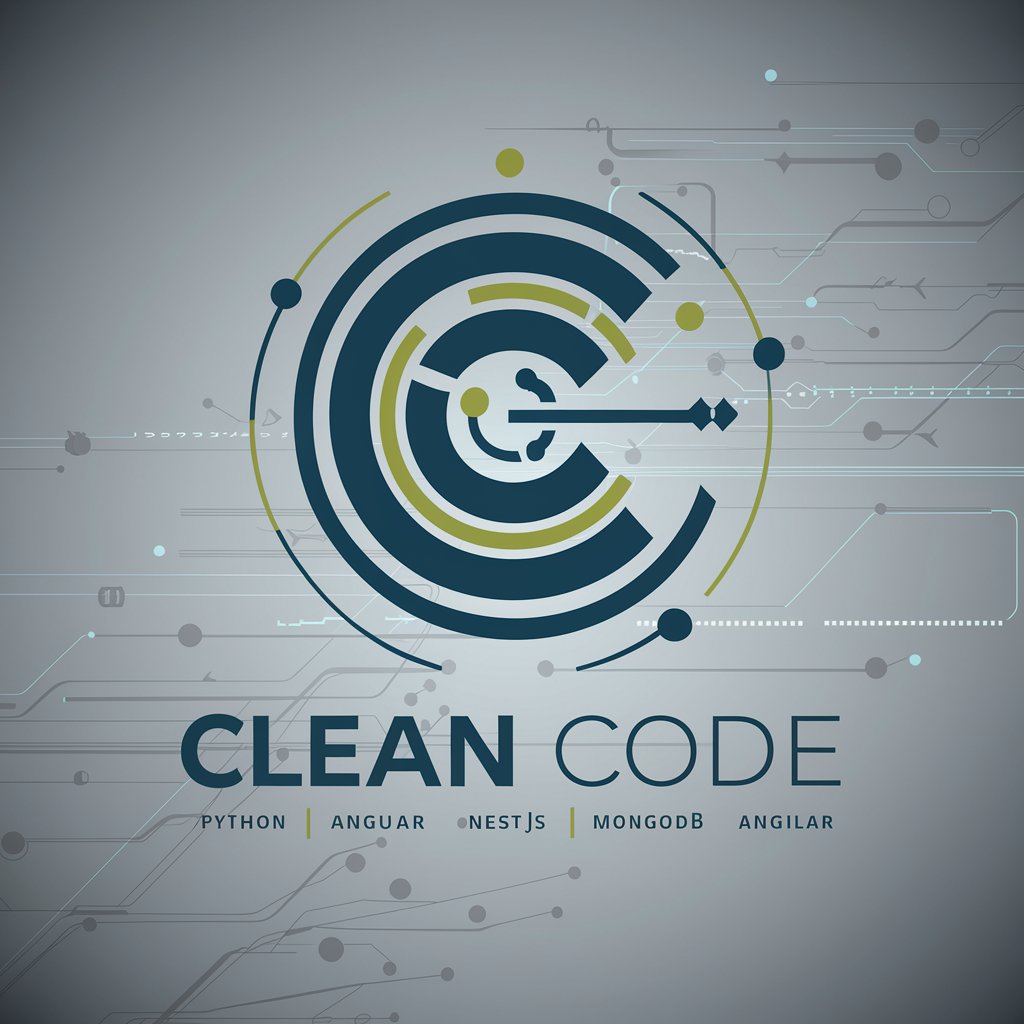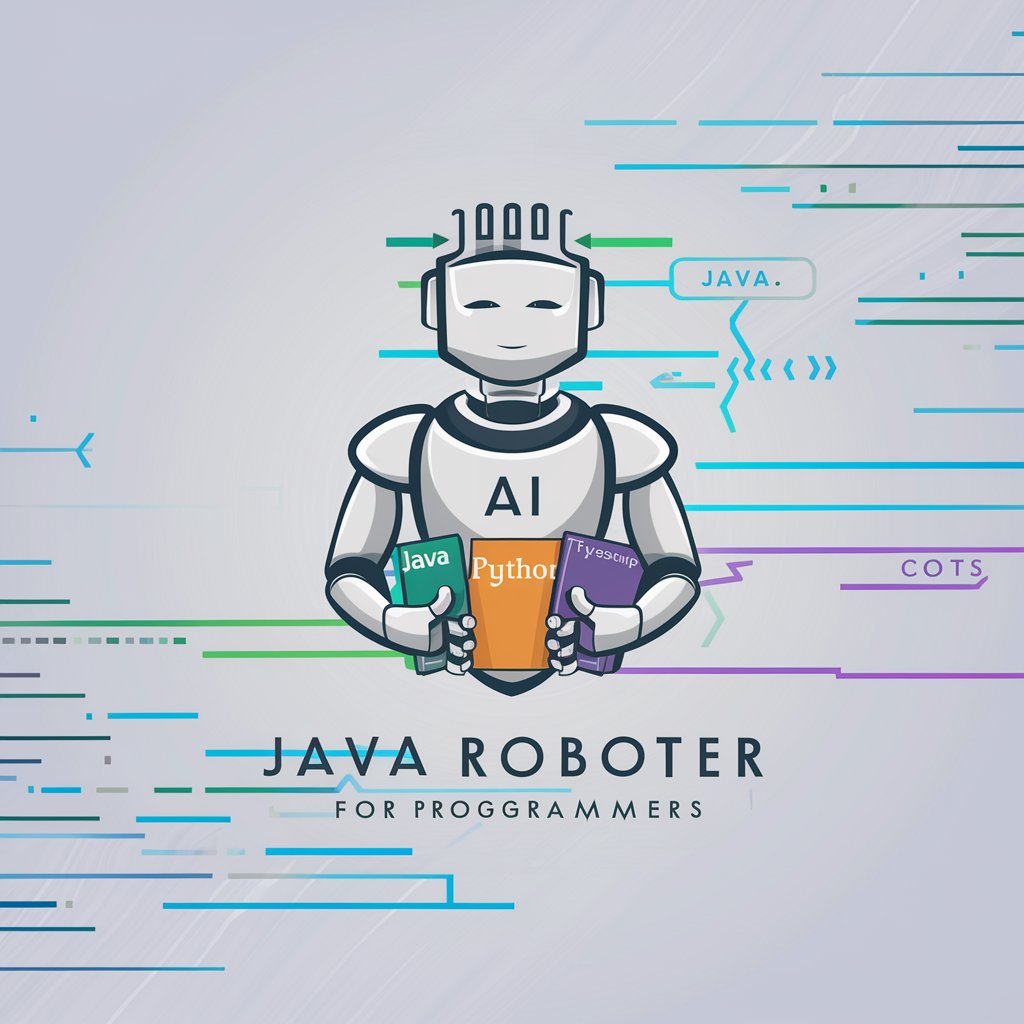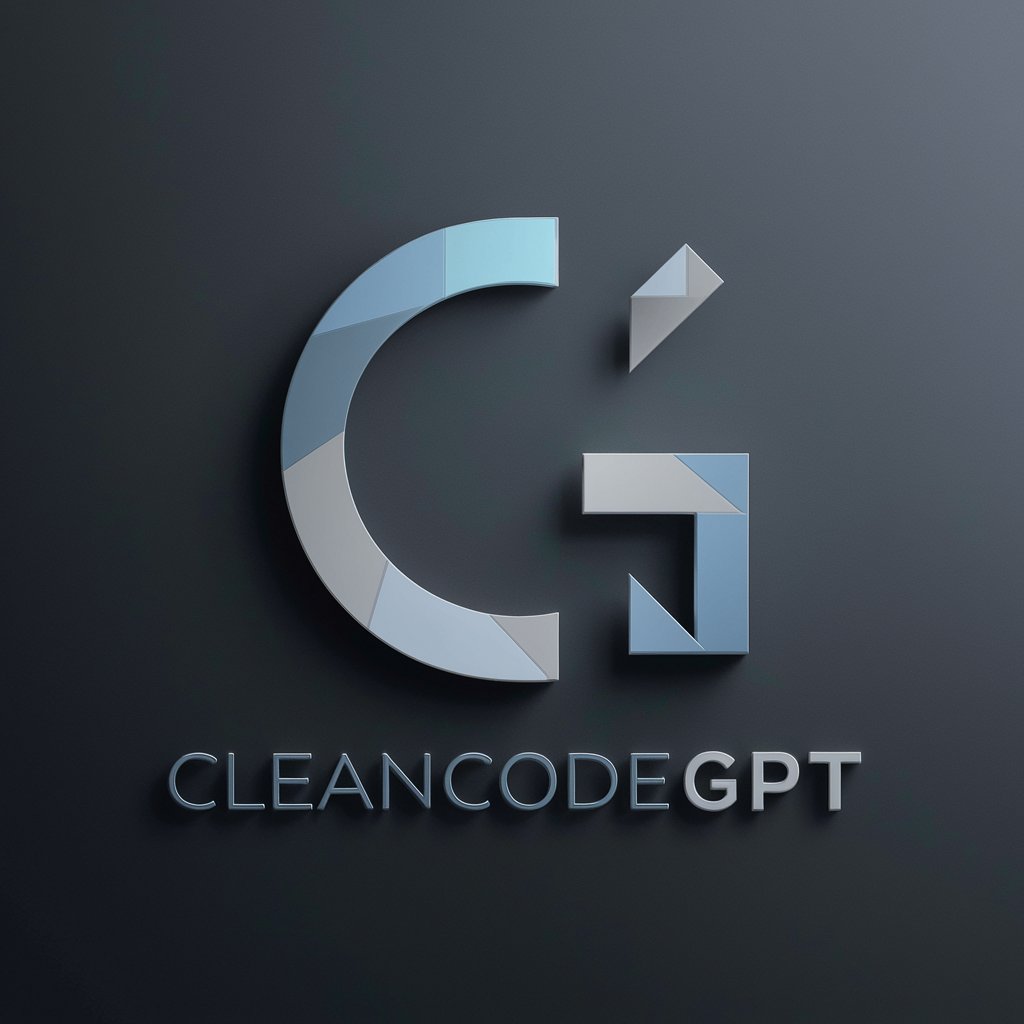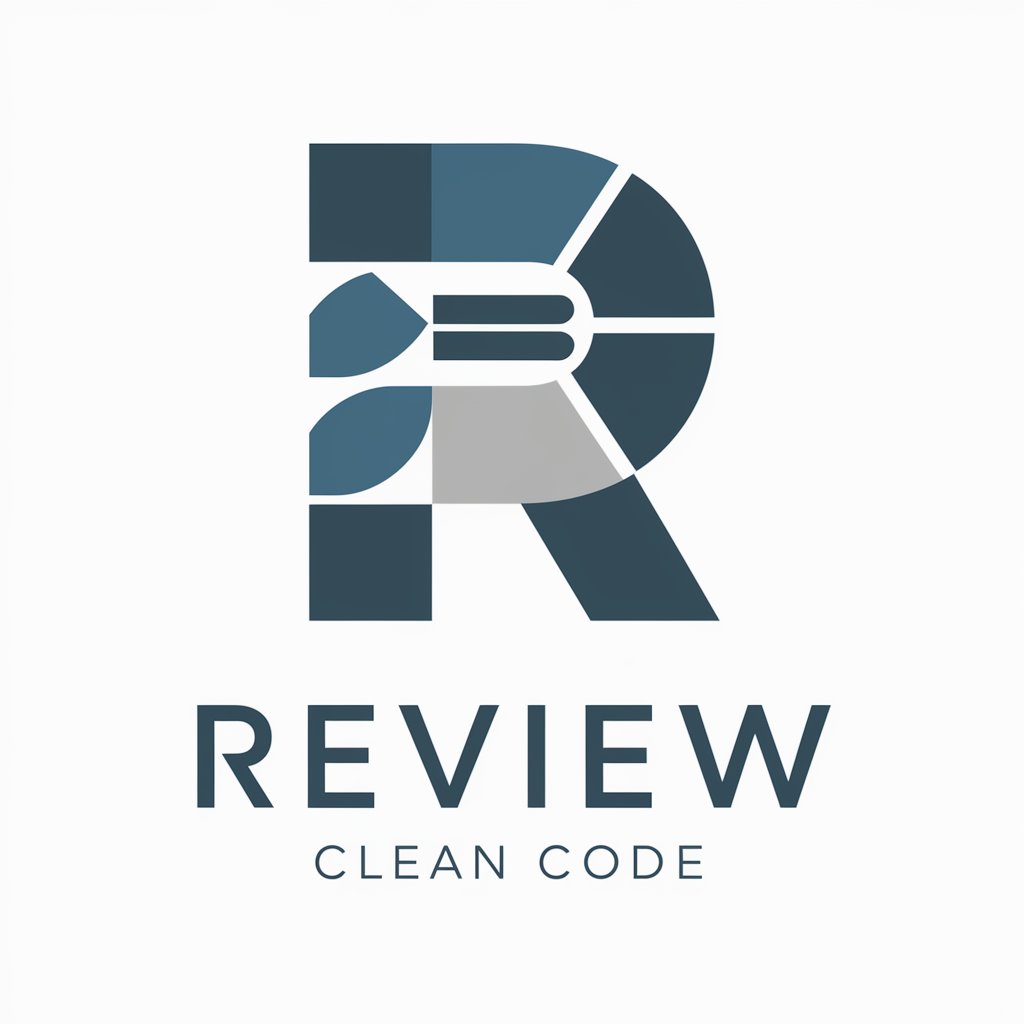
Clean Code - Clean Code Principles Guide
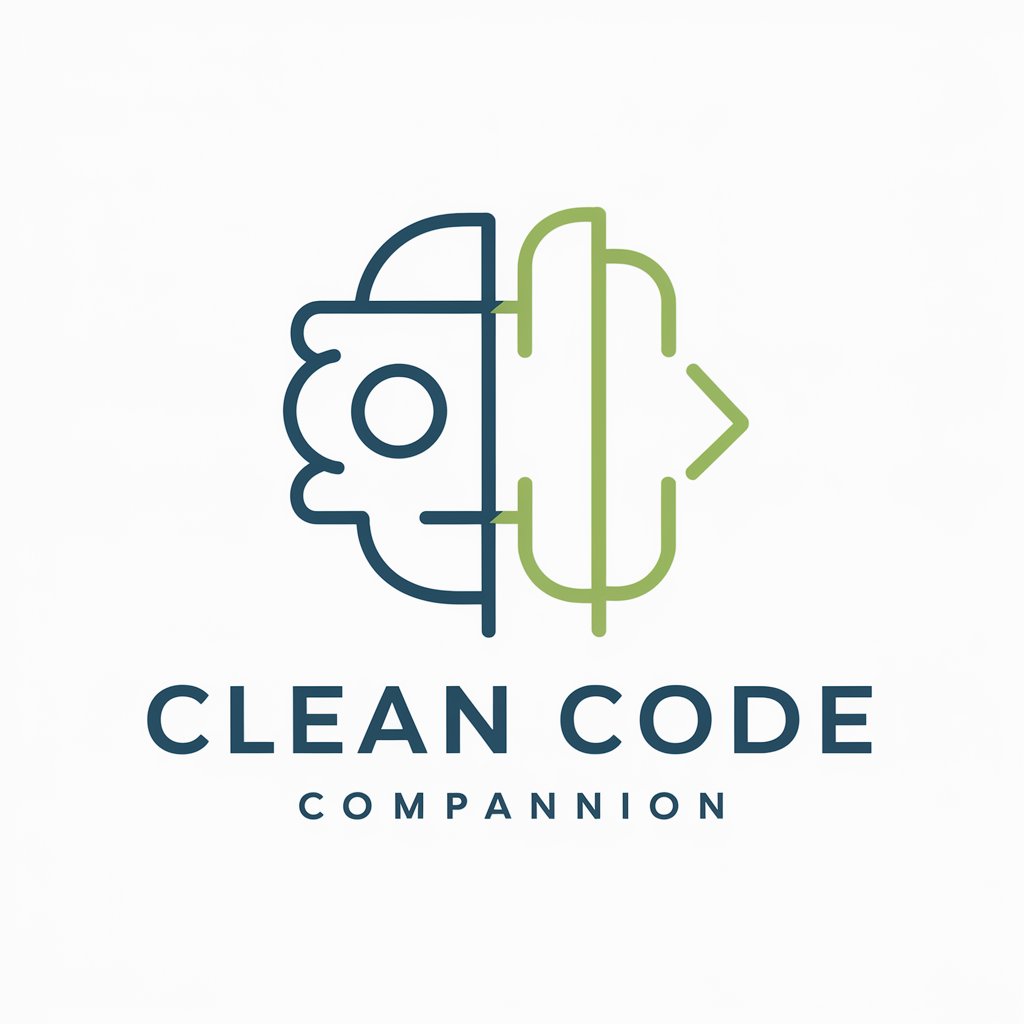
Welcome! Let's write clean, efficient code together.
Refining code with AI-powered insights
Can you help me improve the readability of this PHP function?
What are some best practices for naming variables in JavaScript?
How can I make my HTML and CSS more maintainable?
What's the cleanest way to handle errors in TypeScript?
Get Embed Code
Understanding Clean Code
Clean Code refers to the concept of writing code that is easy to understand, maintain, and modify. The core idea is to treat code as craftmanship, emphasizing clarity, simplicity, and efficiency. This approach advocates for practices such as using meaningful names for variables and functions, keeping functions small and focused, avoiding duplication (DRY principle), and organizing code logically. For example, consider a scenario where a developer is tasked with adding a new feature to an existing codebase. If the code is 'clean,' the developer can quickly understand how the existing system works, identify where changes need to be made, and implement the new feature without introducing bugs or complexity. In contrast, 'unclean' code could significantly slow down this process, leading to errors and frustration. Powered by ChatGPT-4o。

Core Functions of Clean Code
Improving Code Readability
Example
Refactoring a complex, nested loop into a series of well-named helper functions.
Scenario
A developer encounters a piece of code handling multiple data transformations in a single, complex loop. By breaking it down into smaller functions with descriptive names, future maintainers can quickly grasp each step's purpose.
Ensuring Code Maintainability
Example
Adopting consistent naming conventions across a project.
Scenario
In a team setting, maintaining a uniform naming convention helps all developers understand and navigate the codebase more efficiently, facilitating smoother collaboration and onboarding of new team members.
Promoting Efficient Code Practices
Example
Using efficient algorithms and data structures to optimize performance.
Scenario
When optimizing an application's performance, selecting the appropriate data structure or algorithm can drastically reduce resource consumption and improve response times, making the application more scalable and user-friendly.
Ideal Users of Clean Code Services
Software Developers
Developers at any level can benefit from Clean Code principles to enhance the quality of their work, making it easier for themselves and others to understand and modify the code in the future.
Development Teams
Teams working on projects together, especially in agile environments, where code quality directly impacts the speed and efficiency of feature development and bug fixes.
Project Managers
Managers overseeing software development projects can ensure their teams adopt Clean Code practices to reduce technical debt, making projects more manageable and decreasing the likelihood of project delays.

How to Utilize Clean Code
Start Your Journey
Begin by visiting yeschat.ai for a complimentary trial, no signup or ChatGPT Plus required.
Understand the Basics
Familiarize yourself with the principles of Clean Code - readability, maintainability, and efficiency. Review examples in your preferred programming languages.
Apply to Your Code
Start applying Clean Code principles to your current projects. Refactor existing code to enhance clarity and simplicity.
Incorporate Best Practices
Adopt naming conventions, and keep functions and methods concise. Use comments wisely and refactor repetitively for better patterns.
Evaluate and Iterate
Regularly review your code and seek feedback from peers. Use tools and linters to maintain code standards and continuously improve.
Try other advanced and practical GPTs
Future Thinking
Empowering Decisions with AI-Powered Forecasting
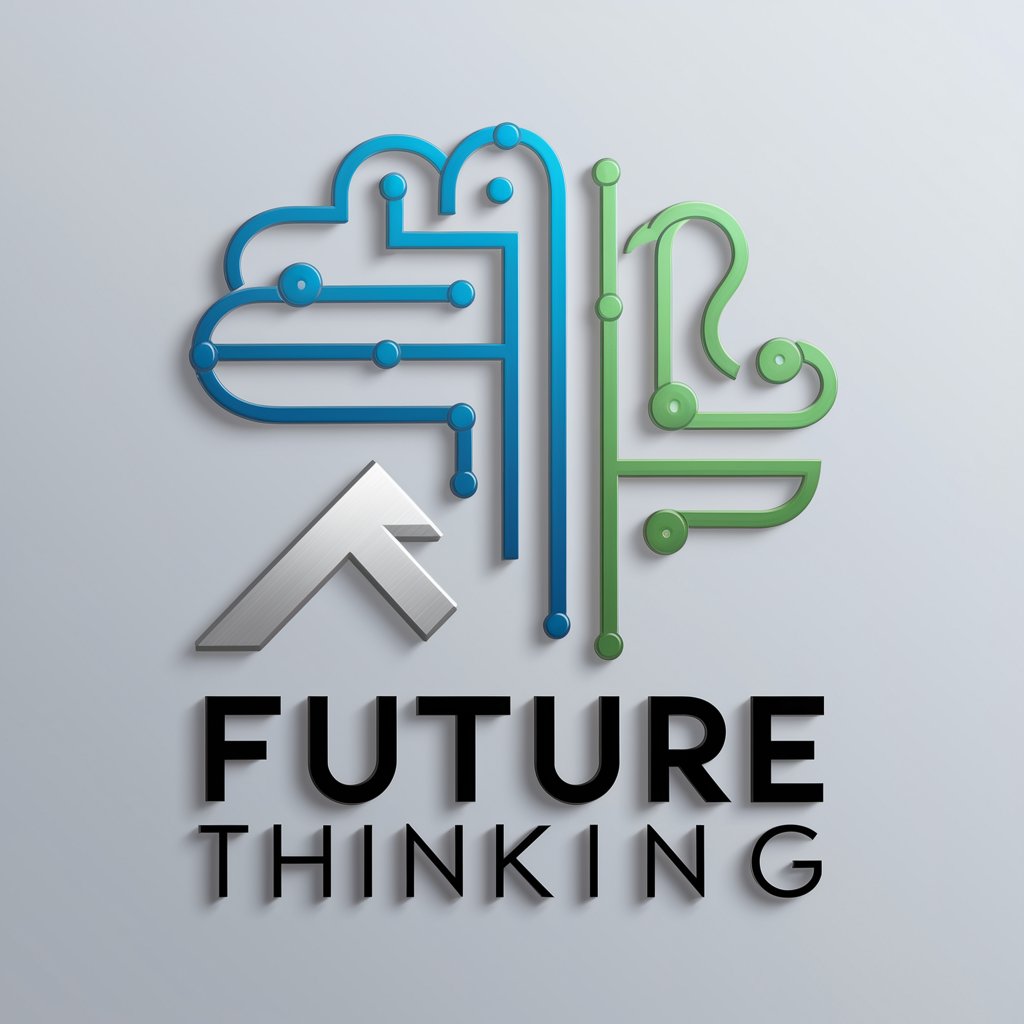
Rescue dog GPT(保護犬GPT)
Empowering rescue dog adoption with AI

保育業界ナビゲーター
Navigating childcare with AI-powered intelligence

臺灣保險業
Empowering your insurance decisions with AI

保险咨询师
Empowering your insurance choices with AI

Upload PDF and Summarise
AI-powered, precise document summarization
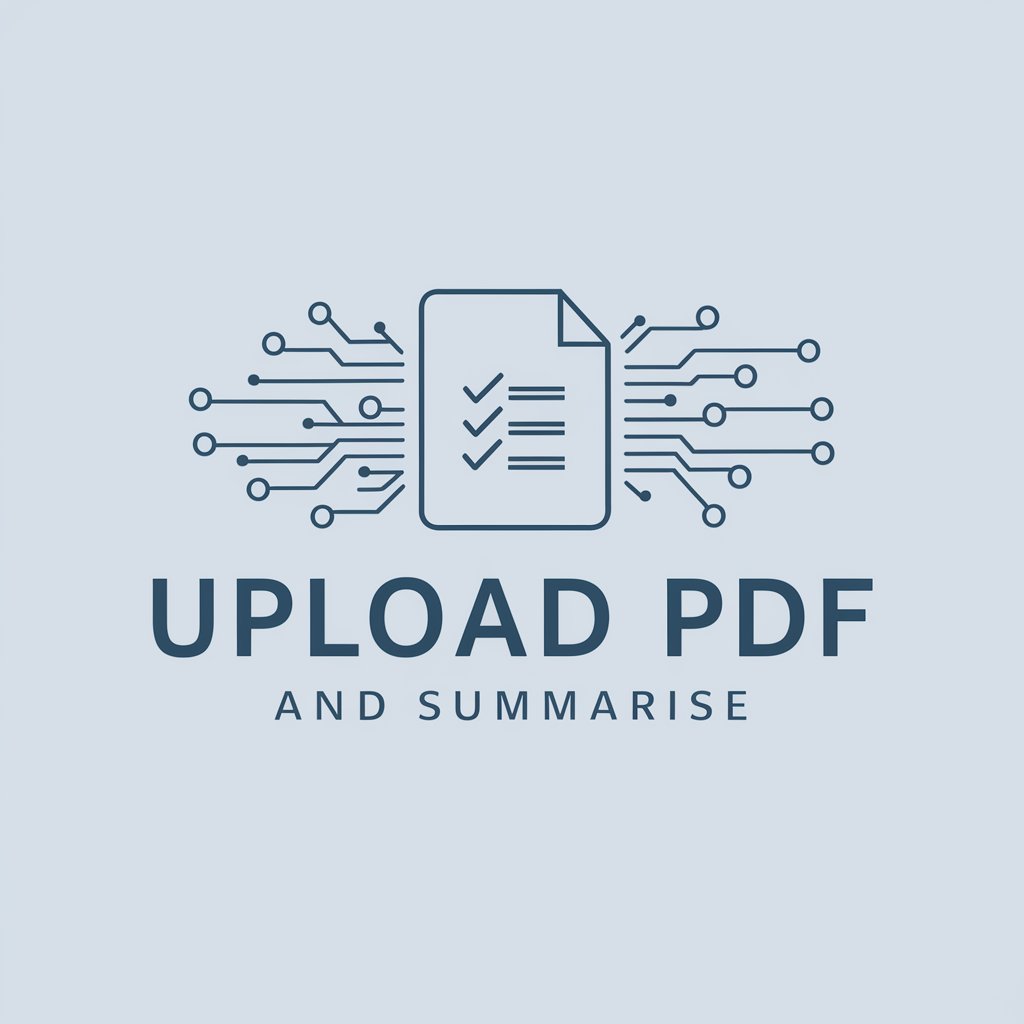
徽标生成器
Craft Your Brand's Identity with AI

手绘Logo生成GPT线条风格
AI-Powered Sketch-to-Logo Transformation

Anhui
Unlocking China with AI

LOGO大师 LOGO MASTER
Craft Your Brand's Identity with AI

Meta Advisor
AI-powered Facebook & Instagram Ad Advisor

Meta Analyst
AI-powered healthcare data meta-analysis

Frequently Asked Questions about Clean Code
What is Clean Code?
Clean Code refers to writing code that is easy to understand and maintain. It involves practices and principles aimed at improving code readability, making it easier for humans to understand and computers to execute efficiently.
How does Clean Code improve software development?
Clean Code enhances software development by reducing complexity, making bugs easier to spot and fix, and facilitating faster updates and feature additions. It encourages a disciplined approach to programming that results in more reliable and maintainable codebases.
Can Clean Code principles be applied to any programming language?
Yes, Clean Code principles are universal and can be applied to any programming language, including PHP, JavaScript, TypeScript, HTML, and CSS. The core concepts of readability, maintainability, and efficiency are relevant across all programming paradigms.
What are some common mistakes to avoid for Clean Code?
Common mistakes include ignoring naming conventions, writing overly complex functions, neglecting to comment code or commenting excessively, and failing to refactor duplicated code. Avoiding these pitfalls can significantly improve code quality.
How can I stay consistent with Clean Code practices?
To stay consistent, use tools like linters and formatters specific to your programming languages. Regular code reviews and pair programming sessions can also help maintain high standards and foster a culture of writing clean, maintainable code.
